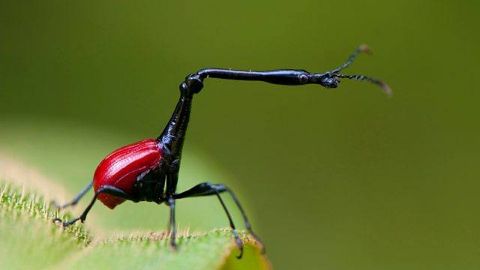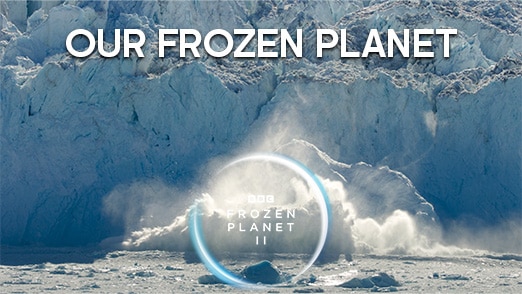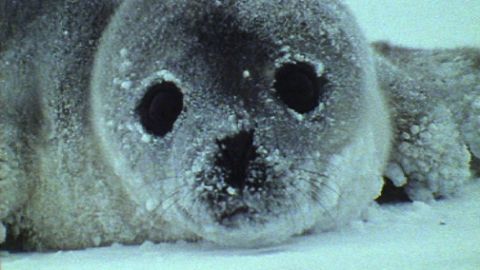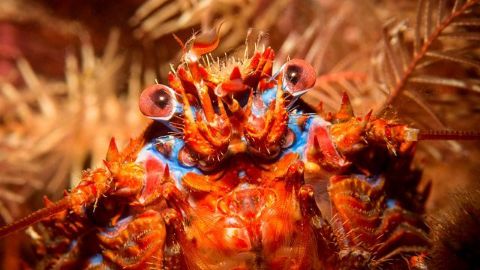The Secret to Their Success • 2013 • Insect Worlds
Totalling an estimated 10 million species, the insects and their close relatives are the most abundant and diverse group of animals in the world, so what is the secret of their success? Their hard external skeleton provides strength and protection and their small size allows them to exploit many microhabitats. In Yellowstone, Steve Backshall reveals how teamwork allows a colony of bees to scare off a hungry bear, and in Australia this same teamwork allows a colony of ants to beat the rising tide. But to unlock the real secret of their success Steve visits the Swiss Alps, where an incredible relationship exists between the ant, the wasp and the butterfly.
Make a donation
Buy a brother a hot coffee? Or a cold beer?
Hope you're finding these documentaries fascinating and eye-opening. It's just me, working hard behind the scenes to bring you this enriching content.
Running and maintaining a website like this takes time and resources. That's why I'm reaching out to you. If you appreciate what I do and would like to support my efforts, would you consider "buying me a coffee"?
Donation addresses
BTC: bc1q8ldskxh4x9qnddhcrgcun8rtvddeldm2a07r2v
ETH: 0x5CCAAA1afc5c5D814129d99277dDb5A979672116
With your donation through , you can show your appreciation and help me keep this project going. Every contribution, no matter how small, makes a significant impact. It goes directly towards covering server costs.






